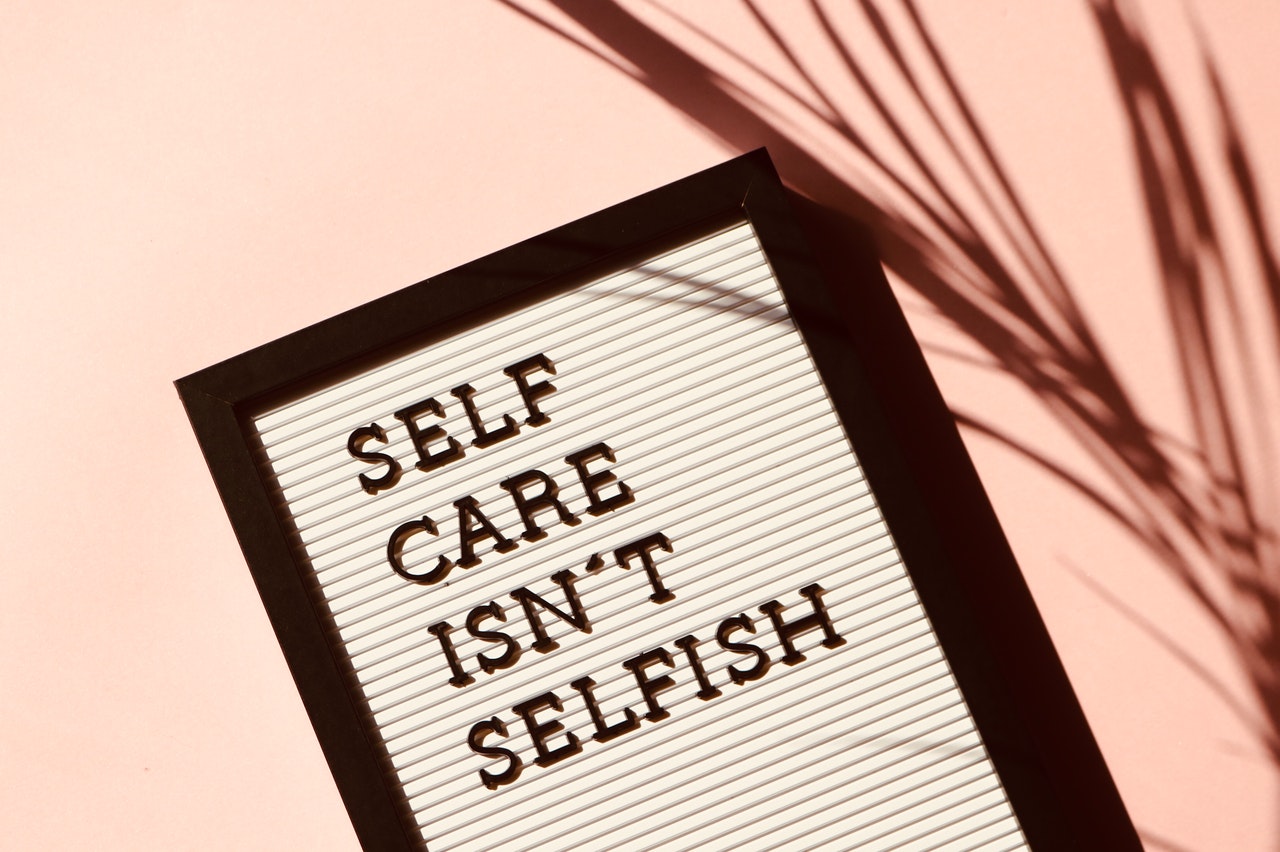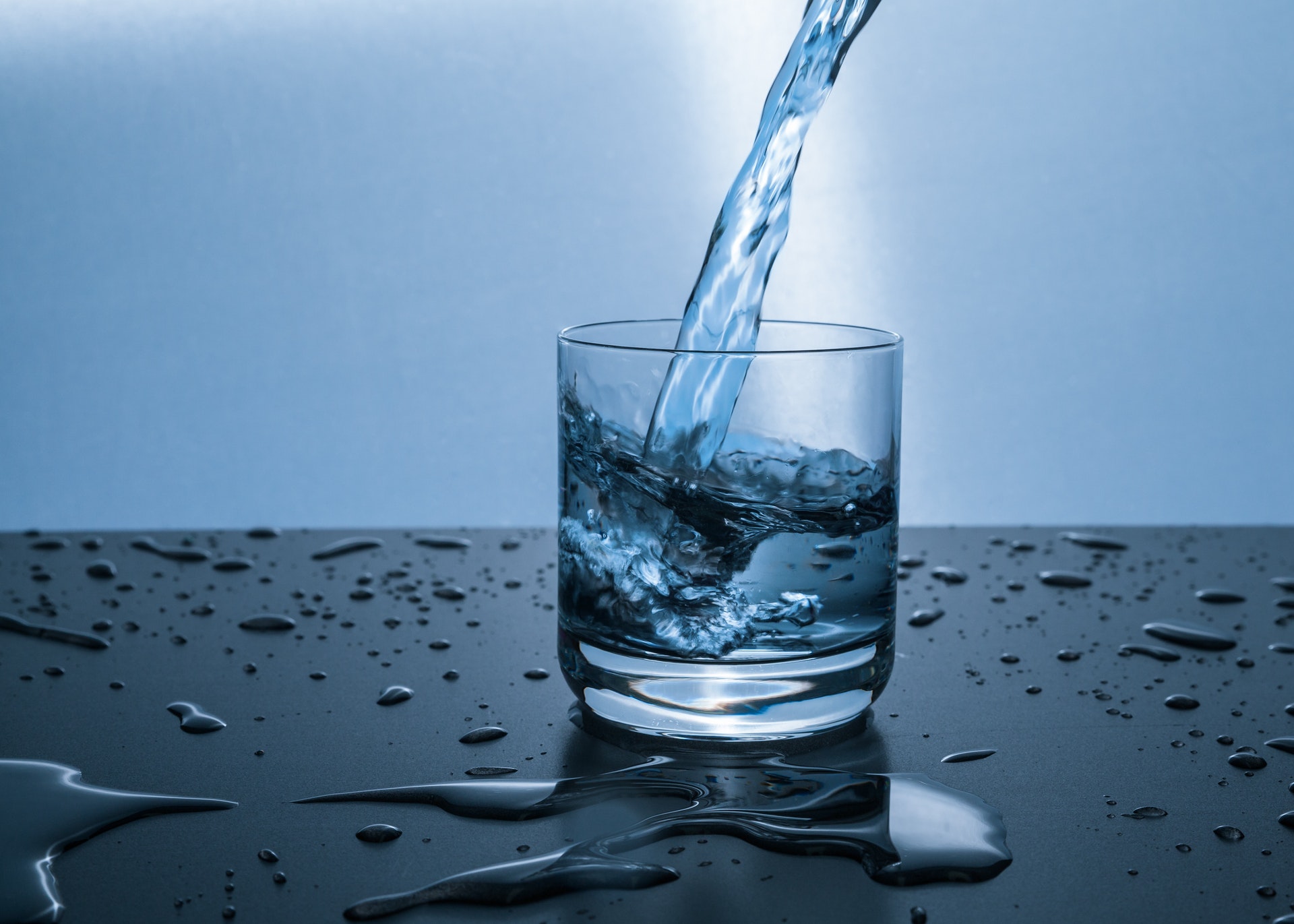My experience:
How can diet help our fatty livers?
As recently reported in the press, up to one third of Britons have fatty livers not caused by high alcohol, but being overweight or having a high fat diet (non-alcoholic fatty liver disease, NAFLD).
If left untreated, this can change into Non –alcoholic steatohepatitis (NASH), a sign that the liver is starting to get inflamed, swollen and stressed from having to work harder, which can progress to fibrosis and cirrhosis. These irreversible diseases can lead to liver cancer.
Apart from the obvious weight loss and reducing fat intake being a solution to NAFLD and NASH, it appears there are other ways in which changing the make-up of your diet can help.
Professor Martyn Caplin, Consultant Gastroenterologist, comments:
“Addressing the overall diet and understanding the balance and benefit of nutrients and vitamins can reverse fatty liver and liver inflammation and therefore prevent the long term consequences of this such as cirrhosis and all its problems.”
Tara Whyand, oncology dietitian, shares her top diet tips for a healthy liver:
Green Tea contains some really interesting and strong antioxidant and anti- inflammatory properties which make it perfect for treating a variety of diseases involving tissue damage. Evidence suggests that green tea compounds in powerful doses have the ability to act inside the liver. Research has been undertaken using green tea compounds in fatty livers and it was found that they may prevent the progression from NAFLD to NASH and then the irreversible cirrhosis. Green tea’s antioxidant and anti-inflammatory properties are thought to be responsible for acting on the liver.
Lycopene is a red antioxidant pigment found in fruit such as tomatoes, pink grapefruit and watermelon. It is a water soluble vitamin which cannot be stored in the body. Due to its antioxidant effects lycopene has been studied in regards to liver damage and preventing some forms of cancer. NASH patients have been shown to have significantly reduced lycopene levels in their blood, suggesting that a low level of lycopene in the body may aid liver disease progression.
Vitamin E is also an antioxidant and occurs naturally in sunflower seeds and avocados. These foods have healthy plant oils inside them which aids vitamin E absorption. Eating too much of any fat however will cause weight gain and impact negatively on the liver. The key is to have enough healthy fat and vitamin E to protect the body against damage. Storage of vitamin E in the liver during disease is not very efficient so a regular intake of vitamin E is vital. Previous research suggests that vitamin E reduces the activity of liver fat storing cells, which helps the liver from becoming more swollen.
Supplement your diet
As well as leading a healthy diet and lifestyle, people who are worried about their liver health may be able to benefit by supplementing their diet with ProfBiotics Liver.
The formula contains the equivalent of:
- Eight teaspoons of turmeric,
- 12 cooked plum tomatoes,
- Quality of polyphenols found in nine cups of green tea,
- Vitamin E and Thiamine – which would be difficult to consume each day through diet alone.
Welcomed by leading cancer experts, it has been developed in consultation with Professor Martyn Caplin, consultant gastroenterologist at London’s Royal Free Hospital, following a comprehensive review of clinical evidence investigating the role of specific nutrients in liver cancer prevention.








